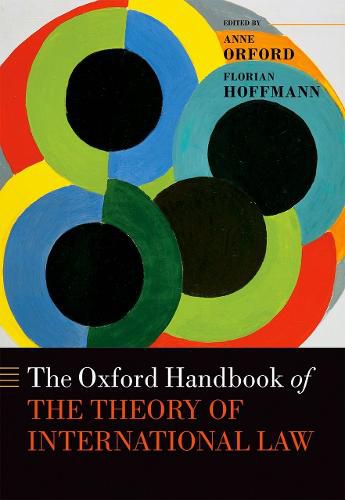Readings Newsletter
Become a Readings Member to make your shopping experience even easier.
Sign in or sign up for free!
You’re not far away from qualifying for FREE standard shipping within Australia
You’ve qualified for FREE standard shipping within Australia
The cart is loading…






The Oxford Handbook of International Legal Theory provides an accessible and authoritative guide to the major thinkers, concepts, approaches, and debates that have shaped contemporary international legal theory. The Handbook features 48 original essays by leading international scholars from a wide range of traditions, nationalities, and perspectives, reflecting the richness and diversity of this dynamic field.
The collection explores key questions and debates in international legal theory, offers new intellectual histories for the discipline, and provides fresh interpretations of significant historical figures, texts, and theoretical approaches. It provides a much-needed map of the field of international legal theory, and a guide to the main themes and debates that have driven theoretical work in international law. The Handbook will be an indispensable reference work for students, scholars, and practitioners seeking to gain an overview of current theoretical debates about the nature, function, foundations, and future role of international law.
$9.00 standard shipping within Australia
FREE standard shipping within Australia for orders over $100.00
Express & International shipping calculated at checkout
The Oxford Handbook of International Legal Theory provides an accessible and authoritative guide to the major thinkers, concepts, approaches, and debates that have shaped contemporary international legal theory. The Handbook features 48 original essays by leading international scholars from a wide range of traditions, nationalities, and perspectives, reflecting the richness and diversity of this dynamic field.
The collection explores key questions and debates in international legal theory, offers new intellectual histories for the discipline, and provides fresh interpretations of significant historical figures, texts, and theoretical approaches. It provides a much-needed map of the field of international legal theory, and a guide to the main themes and debates that have driven theoretical work in international law. The Handbook will be an indispensable reference work for students, scholars, and practitioners seeking to gain an overview of current theoretical debates about the nature, function, foundations, and future role of international law.